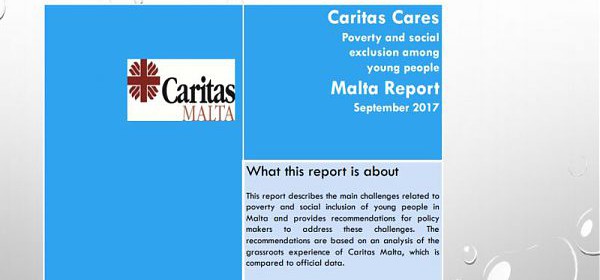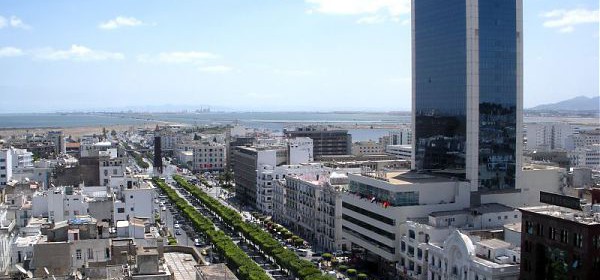MEDITERRANEAN, ALFANO "ERASMUS UNITE PEOPLE"
“It is necessary to build a partnership based on strategic investment on young people, working on two sources promoting entrepreneurial activities and cultural exchanges. We will sign an agreement for a great Mediterranean Erasmus that Italy will support with scholarships and greater mobility”. This was stated by the Minister of Foreign Affairs, Angelino Alfano, speaking at the third edition of the Forum Rome MED 2017-Mediterranean. “This is the right way to build a Mediterranean identity, to bring our peoples and our countries closer to investing in culture. The Mediterranean – he adds – can become a meeting point between different cultures or can degenerate into a situation of confrontation, terror and desperation, it is up to us to do everything possible so that the first condition can be fulfilled “.
“The Mediterranean must be a line that unites and the mobility of young talents is fundamental to foster mutual knowledge and a constructive exchange between the north and the southern shores of the Mediterranean. For this reason we have thought of an Erasmus of the Mediterranean, with scholarships and mobility programs for university students and young researchers. An investment in culture to open new channels of dialogue and create a common Mediterranean identity, which favors the conditions for security and peace in the region”, says Alfano, on the signing of the Joint Declaration on the “Mediterranean Erasmus initiative”.
The Declaration was signed by Minister Alfano, by the Vice-President of the Presidential Council of Libya, Ahmed Maitig, by the Minister of Foreign Affairs of the Democratic and Popular Algerian Republic, Abdelkader Messahel, by the Minister of Foreign Affairs of the Arab Republic of Egypt, Sameh Shoukry, the Minister of Foreign Affairs of the Tunisian Republic, Khemaies Jhinaoui and the Ambassador of the Republic of Lebanon, Mira Daher Violides.
The aim of the project is to reiterate the centrality of the Mediterranean for Italian foreign policy and the importance of meetings and exchanges between students and young researchers, as a fundamental tool for strengthening mutual knowledge and understanding among the Mediterranean countries.
The idea of an Erasmus of the Mediterranean constitutes a concrete continuation of the path started with the program of the Farnesina, “Italy, Culture, Mediterranean”, launched in the margins of the OSCE Conference of Palermo on 24 and 25 October.
With the Declaration, Italy commits itself two fronts: 1) to increase the number of scholarships for students of the aforementioned countries; 2) encourage, within the EU, the strengthening of the Erasmus + Program, so that mobility programs to and from these countries on the southern shores of the Mediterranean are recognized as a priority and greater financial resources are allocated.
The Declaration also establishes the shared commitment to promote and further support inter-university cooperation and encourage the creation of programs aimed at obtaining qualifications that are recognizable in their respective legal systems.
Source: medNews



